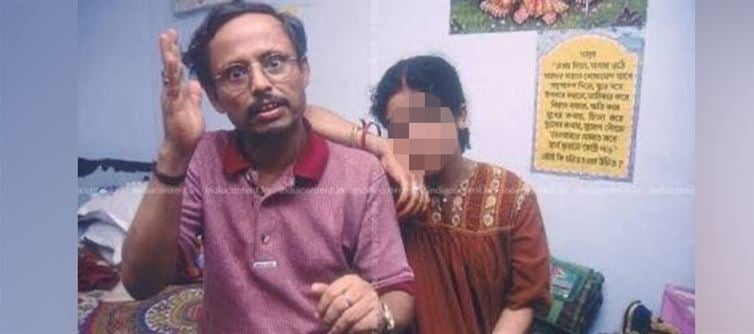
In the corridors of power, the innocent often suffer in silence. Champa Biswas, wife of IAS officer B.B. Biswas, reportedly endured continuous sexual assault for two years at the hands of Mrityunjay Yadav, a close associate of Lalu prasad Yadav. Shockingly, the assaults persisted even after Lalu resigned amid the fodder scam, during Rabri Devi’s tenure as Chief Minister. This is a story of impunity, political protection, and justice delayed, one that still raises uncomfortable questions about the intersection of politics and crime.
1. A Nightmarish Timeline of Abuse
The alleged assaults began in 1995 and continued relentlessly until 1997. Reports, including a 1998 india Today article, detail the repeated rape of Champa Biswas, demonstrating how power and proximity to political elites allowed the crimes to continue unchecked. Victims of political shielding often endure extended trauma, and Champa’s ordeal exemplifies this tragic reality.
2. Political shield Behind the Crime
Mrityunjay Yadav, son of RJD leader Hemlata Yadav, enjoyed significant political clout and access. His proximity to Bihar’s ruling elite, particularly Lalu prasad Yadav, allegedly enabled the assaults to continue without immediate accountability. Even after Lalu’s resignation, the attacks reportedly persisted, showing how political networks can protect perpetrators.
3. Justice Delayed, Not Denied
Court records and media coverage substantiate the allegations, yet convictions faced severe delays, reflecting Bihar’s notorious judicial backlog and political interference during that era. This delay magnified the trauma for Champa Biswas, highlighting a systemic failure in safeguarding victims of powerful offenders.
4. The Silence of Power
Despite credible reporting and widespread awareness within administrative and media circles, little was done to immediately protect the victim or ensure swift prosecution. Political influence, intimidation, and bureaucratic inertia allowed the abuser to continue acting with impunity—a grim reminder of how power silences victims.
5. The Unspoken Accountability of Supporters
Even decades later, the narrative exposes the moral compromise of those who continue to support individuals and families accused of shielding crime. The case underscores a fundamental question: how can justice exist when political loyalty outweighs human rights?
6. Lessons Still Relevant Today
Champa Biswas’s ordeal is not just history; it’s a cautionary tale of how political power can perpetuate impunity, and how vigilance, media scrutiny, and independent judiciary are critical for preventing abuse. As the nation debates accountability, this story reminds us that real justice requires courage to confront power, even decades later.




 click and follow Indiaherald WhatsApp channel
click and follow Indiaherald WhatsApp channel